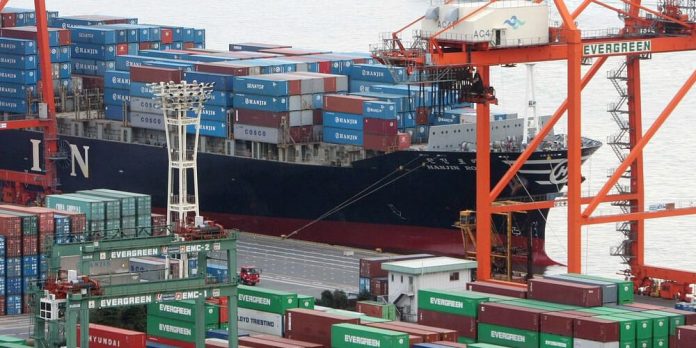International shipping doesn’t need to be a daunting process and a logistical nightmare. At least that was the impression of it until some time ago when there was so much to consider, even for small shipments. However, innovations and services have greatly improved the overall international shipping experience. Despite the 2020 coronavirus pandemic, great services are constantly shrinking our borders, which means this is an ideal time for international shipping.
But as every good thing, international shipping requires certain expertise and knowledge. Usually, businesses find that expertise in freight forwarders that are specialized in international shipping.
But above all factors that determine whether your package arrives at its destination, it is the customs clearance process that matters most.
Before we go into the various customs clearance processes, we need to take a moment and explain to which group you belong as a shipper. There is a pretty good chance you belong to one of the following groups:
- C2C – consumer to consumer shipping
- B2C – business to consumer
- B2B – Business to business
From the standpoint of the customs, it is essential to determine the recipient’s status and the sender. For example, businesses receive more expensive packages that are regulated differently than the cheaper ones received by consumers for enjoyment.
Almost all international packages sent to consumers or businesses tend to fall into one of these customs clearance categories:
- Postal
- Express
- Express
The particulars can vary from country to country. But to explain this more vividly, we will take the clearance processes in Brazil.
Postal clearance
In Brazil, packages whose value is under $50 are duty-free for consumers. Knowing that there isn’t a better option to send packages to family and friends in Brazil. Simultaneously, this also means it is a great channel for businesses to ship goods directly to consumers. Shipping rates are rather low, and the customs clearance documentation is no that complicated. The only issue is that sometimes their customs office is overwhelmed with work and can’t process all packages on time. So it can take some time before getting your hands on your package.
Express clearance
Express freight customs clearance is typical for the business to consumer shippers. Most of the time, this is handled by commercial carriers such as UPS and FedEx. This process can be used by businesses of all sizes as long as they send goods whose value doesn’t exceed $3,000. They do need a commercial invoice, whereas they don’t need to own an import license. Plus, the customs process is usually completed within one day, which is also very important for businesses.
Formal clearance
Formal customs clearance is required when the total value of the goods, also known as CIF (cost+insurance+ freight), surpasses $3,000. This type of clearance is typical for a business to business resellers in Brazil. Formal customs clearance is also required when shipping goods that can be shipped only via an import license. For example, goods such as tobacco and alcohol, among the many others.







